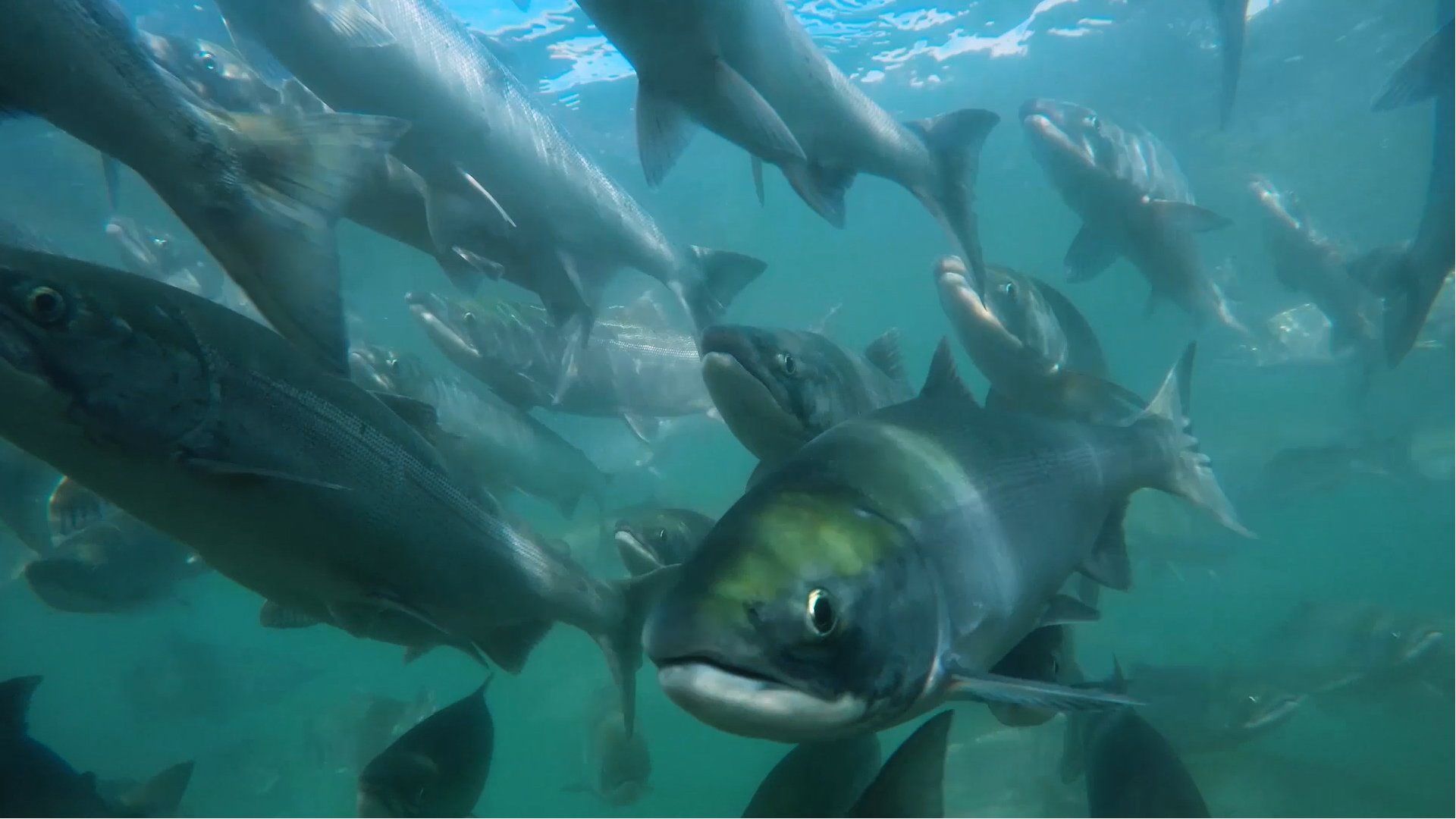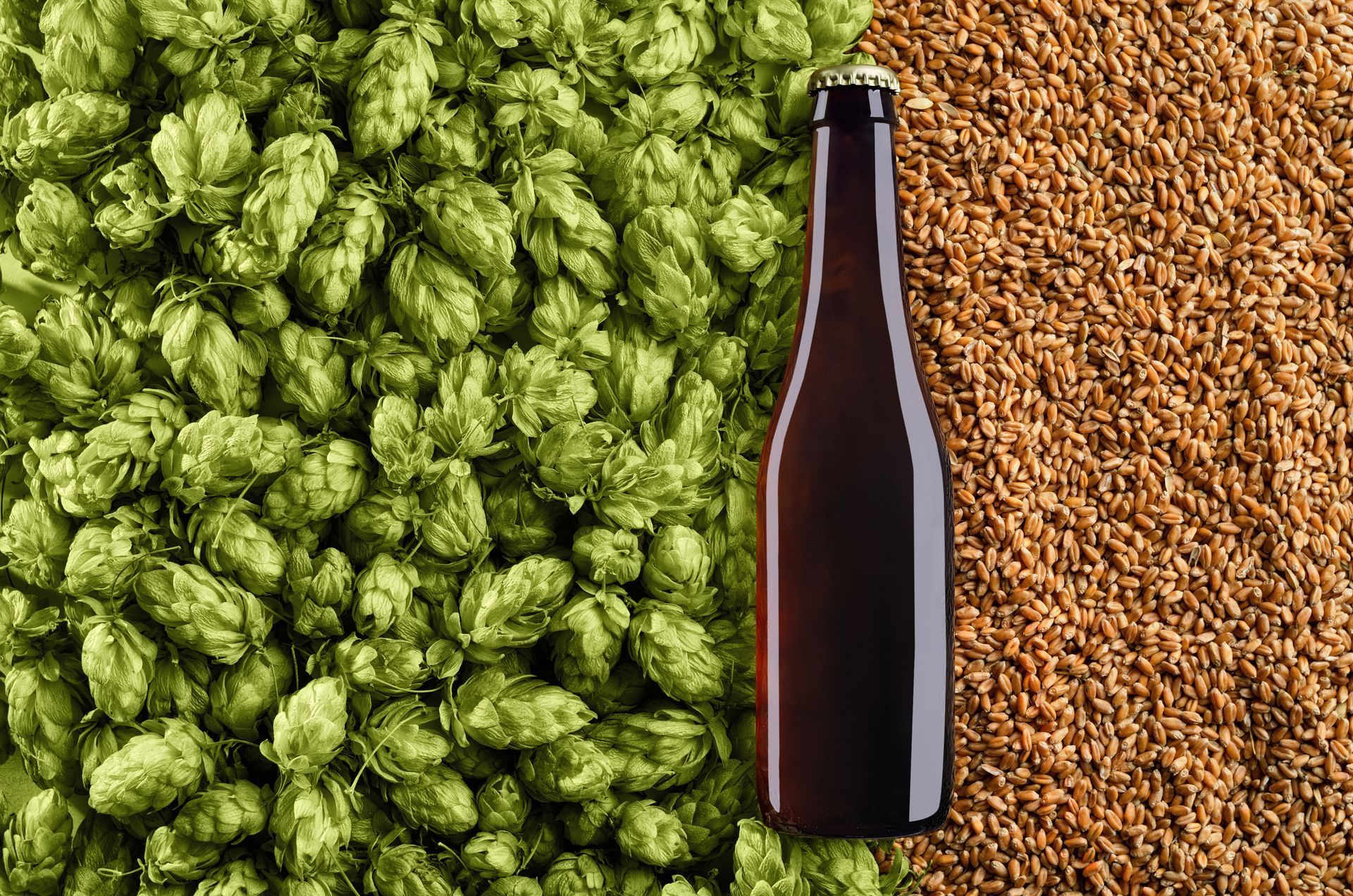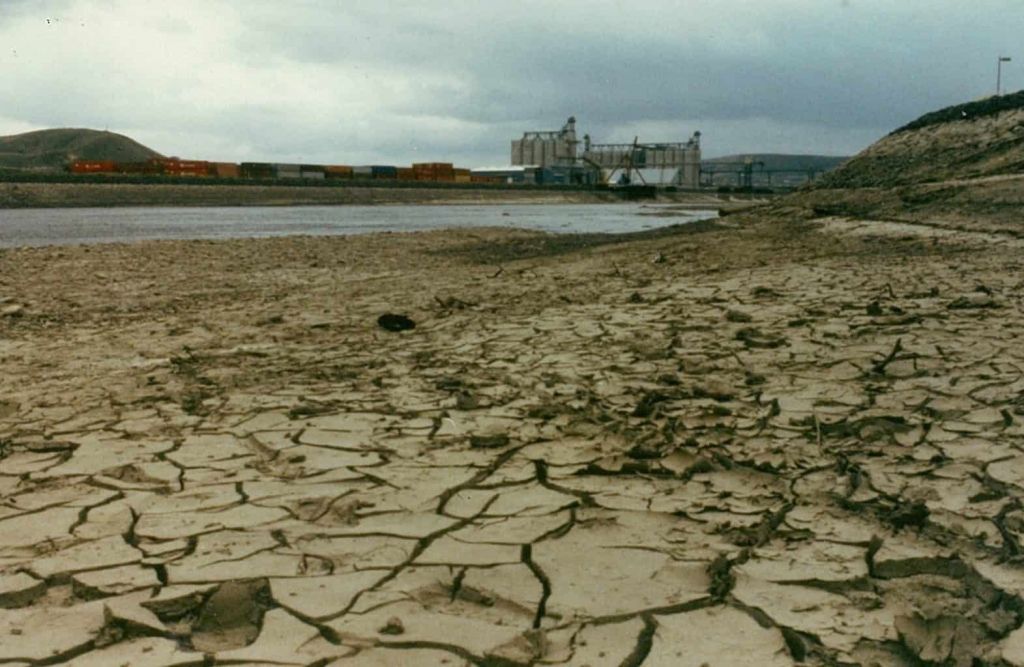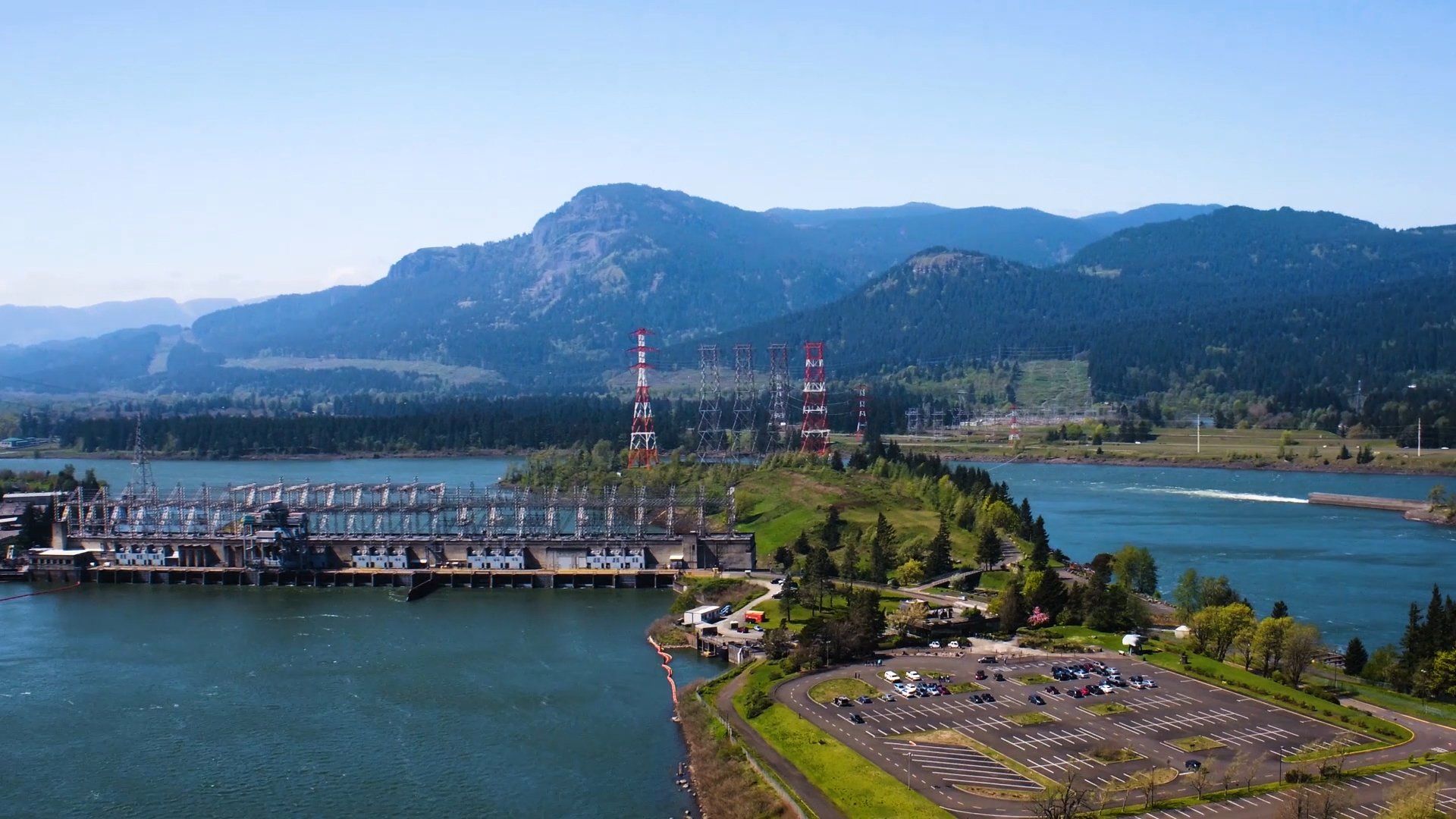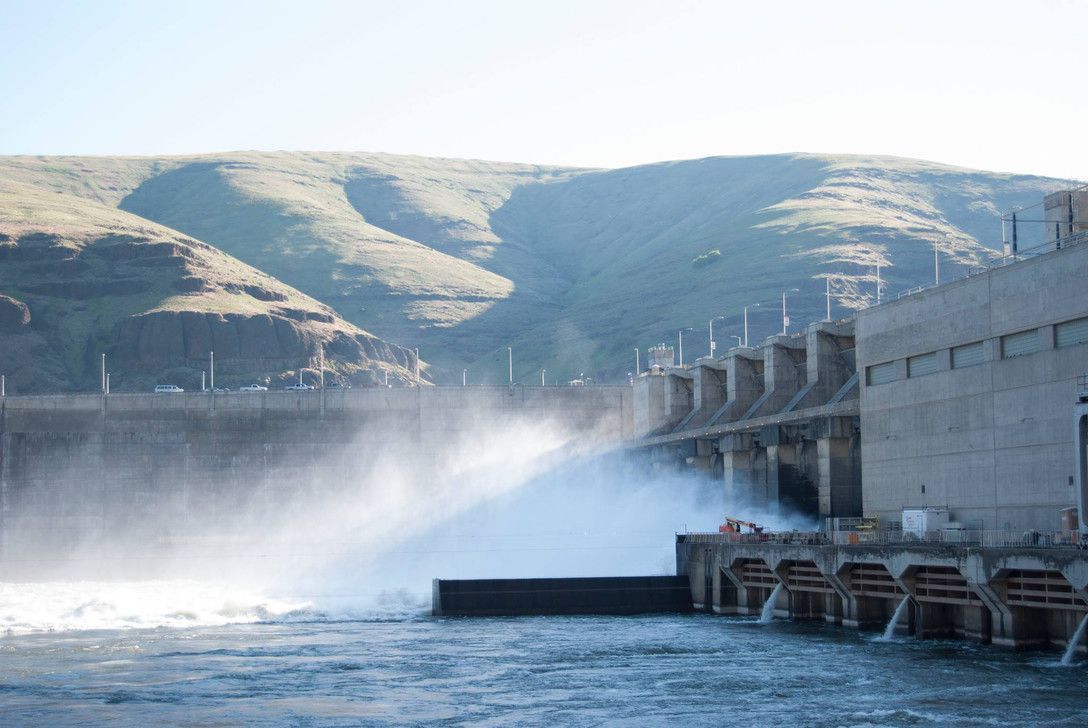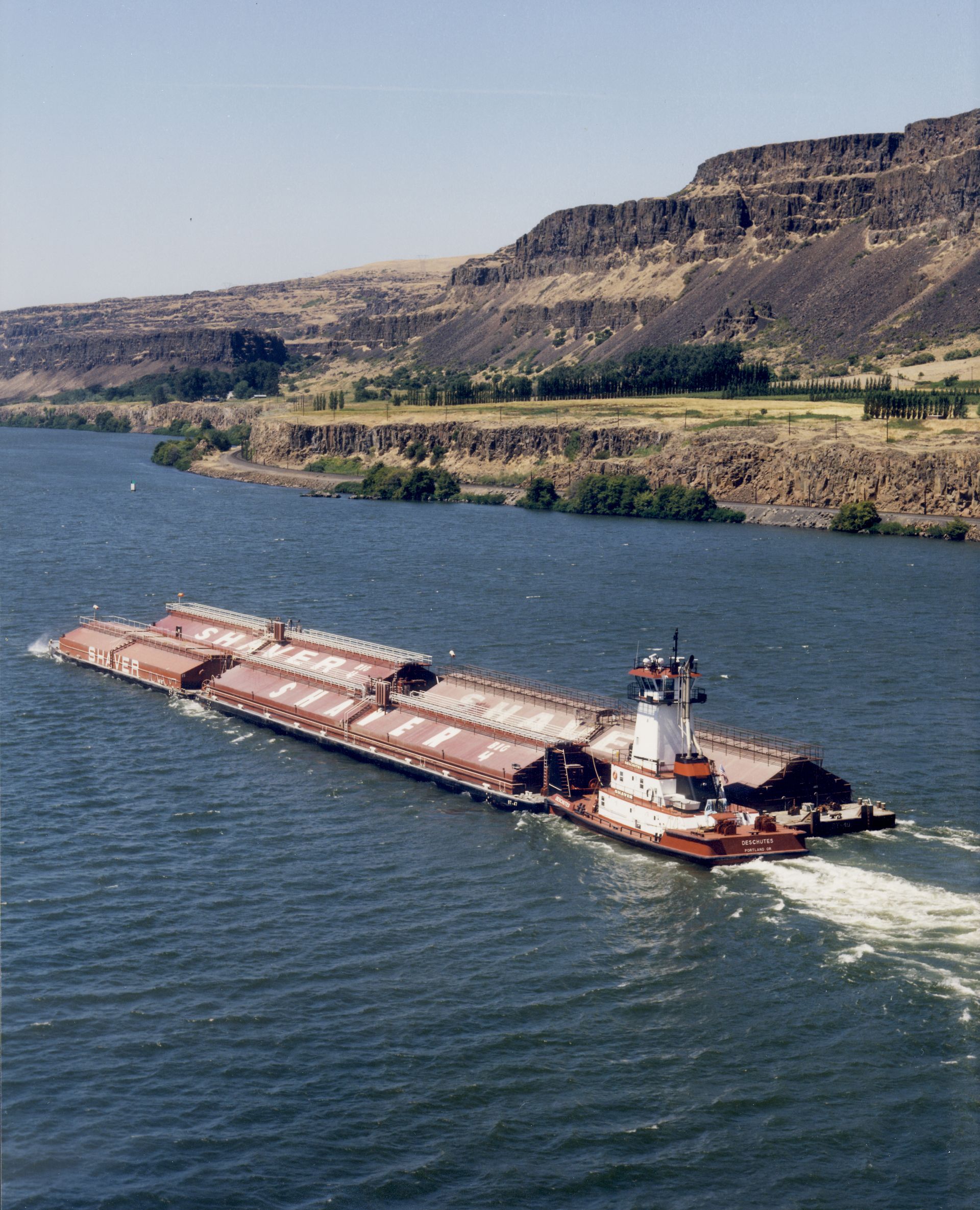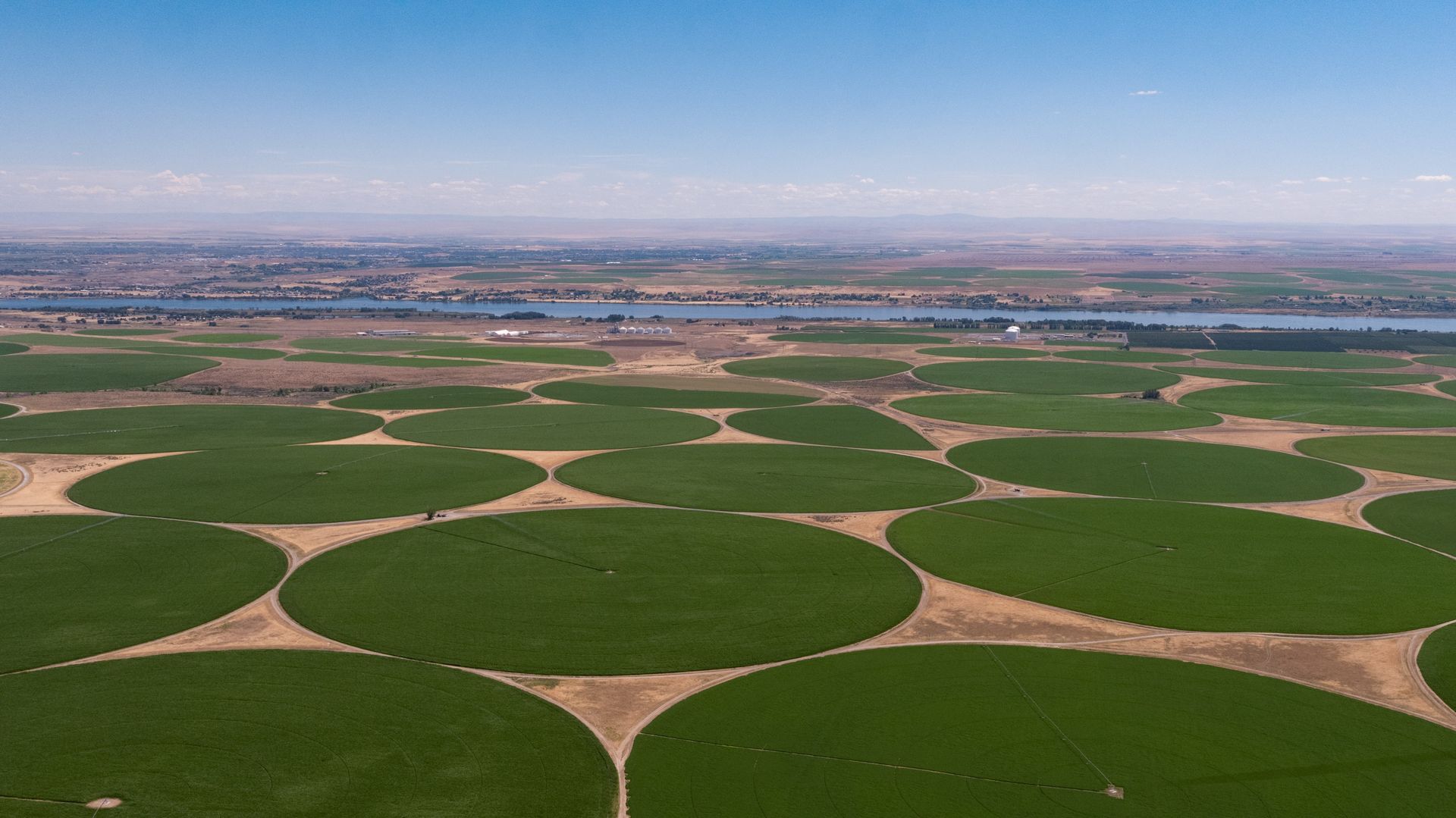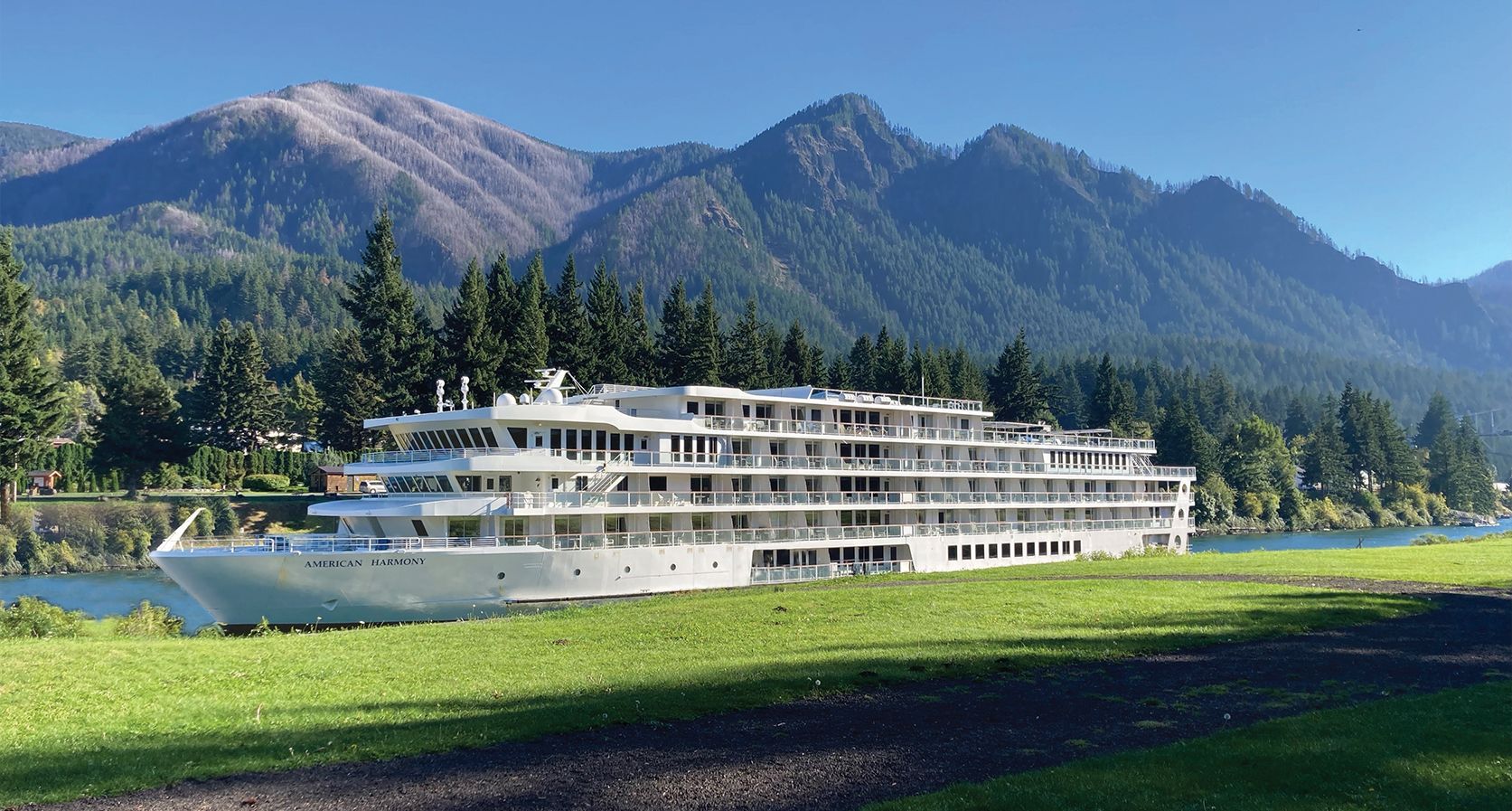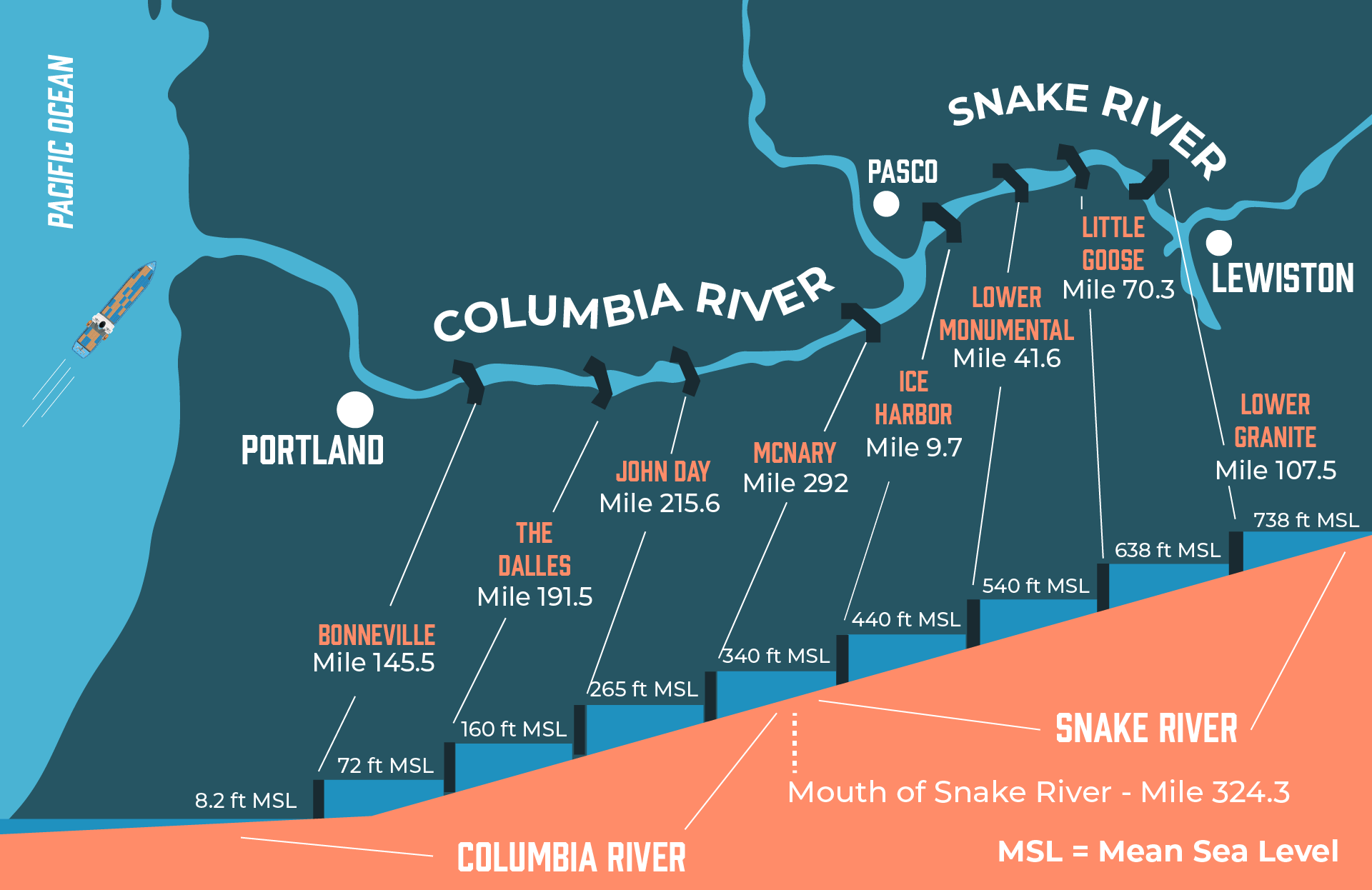Do you know about all you get from irrigation, shipping, hydropower, and more?
You’ve heard a lot of negativity about the Columbia Snake River System. But every single one of us in the Pacific Northwest gains from the irrigation, navigation, hydropower, and other benefits of this publicly owned, federally operated system. Whether you live in the Willamette Valley or Puget Sound, whether you’re on the west or east side, the Columbia Snake River System gives more than you can imagine.
Irrigation
The Columbia Snake River System provides clean water to irrigate crops that we consume locally and ship overseas. Through both irrigated and dryland farming, our Northwest farmers raise livestock and grow potatoes, wheat, fruit, wine grapes, barley, hops, beans, and other key crops. This provides Northwest families and communities with a stable local food supply. Farming and shipping of agricultural products also supports jobs and economic benefit as farmers ship high-quality U.S. crops to customers in Asia, South America, and other global markets. And irrigation amplifies our agricultural production—only 25 percent of agricultural land is irrigated, but that land produces 50 percent of our crops!
Navigation
Shipping on the Columbia and Snake rivers – made possible by federal navigation locks – moves agricultural products as well as building materials, fuel, and much more. Stuff we use every single day of our lives, regardless of where we live in the Northwest. And it moves that stuff more efficiently than any other shipping method. In 2019, it would have taken 150,784 semi-trucks or 39,204 rail cars to move all the cargo that was barged on the Snake River alone. Shipping on our river system keeps us from sitting in more traffic and reduces the carbon footprint of transporting these vital goods, especially in sensitive air- and watersheds like our scenic Columbia Gorge – one of the region’s main transportation routes.
Hydropower
The federal hydroelectric dams on the Columbia Snake River System provide 90% of our renewable power in the Northwest. The reliable power generated by these dams gives us a firm foundation to integrate more renewables, mainly solar and wind energy. Thanks to our abundant and low-carbon hydropower, the Pacific Northwest enjoys a highly stable power supply while continuing to reduce our local and national carbon footprint and fight climate change.
The Columbia Snake River System belongs to us all and it gives to every single Northwesterner in the form of abundant food, clean air, power, and more—no matter where in the region we call home.
It’s up to us to know the facts and protect this critical resource. Let’s keep the Columbia Snake River System strong and balanced for all uses—today and for future generations.
